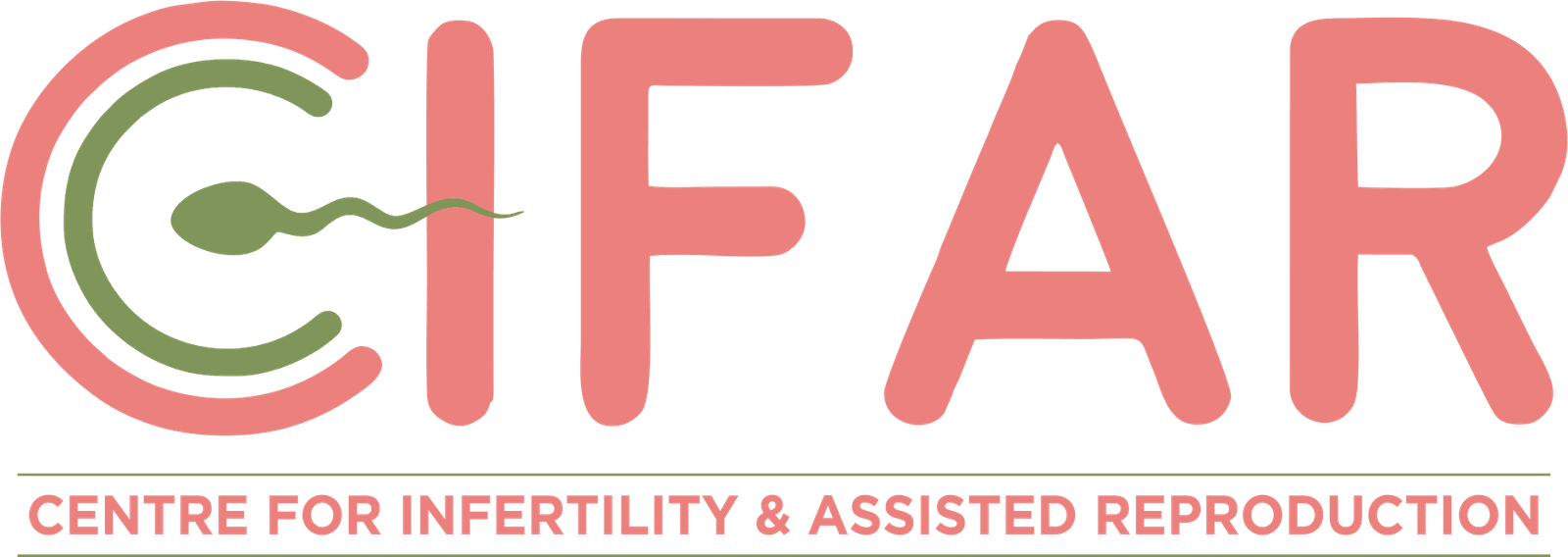What is Thalassemia?
Thalassemia is a group of inherited blood disorders characterized by abnormal haemoglobin production. Haemoglobin is a protein found in red blood cells that carries oxygen throughout the body. There are two main types of thalassemia, alpha thalassemia (Major thalassemia) and beta thalassemia (Minor thalassemia), depending on which part of the haemoglobin molecule is affected.
Thalassemia can result in anaemia, a condition characterized by a shortage of red blood cells or haemoglobin in the blood. Symptoms of thalassemia can vary depending on the type and severity of the disorder but may include fatigue, weakness, pale skin, jaundice, and, in severe cases, growth delays and organ damage.

Treatment for thalassemia depends on the type and severity of the disorder. Mild forms may not require treatment, while more severe cases may necessitate regular blood transfusions, iron chelation therapy to remove excess iron from the body, and, in some cases, bone marrow transplantation.
Additionally, genetic counselling and prenatal testing are important for families with a history of thalassemia to understand the risk of passing the disorder to their children.
So, how Thalassemia can potentially impact in vitro fertilization (IVF)?
- Fertility Challenges: Dr. Puneet says Men and women can both become infertile with thalassemia. While it may result in irregular menstruation or amenorrhoea (absence of menstruation), which may influence ovulation, in men it may result in decreased sperm count and quality.
- Genetic Risk: Being an inherited condition, thalassemia carries a chance of being passed on to progeny if one or both spouses have the gene. Particularly if one or both couples are carriers, genetic testing may be done during IVF to screen embryos for thalassemia mutations before implantation.
- Health Risks During Pregnancy: Dr Puneet also says Because pregnancy strains the body’s blood supply, a thalassemia woman may be at higher risk for health problems if she falls pregnant. Anaemia brought on by thalassemia can worsen during pregnancy. Management of these dangers requires close observation by medical specialists or IVF Specialist.
- Pre-Implantation Genetic Diagnosis (PGD): PGD (Pre-implantation genetic diagnosis) can be a choice for couples having IVF who are carriers of thalassemia or other genetic conditions. Thalassemia is one of the genetic disorders that PGD looks for in embryos produced by IVF before they are implanted. This lowers the chance of the condition spreading to their offspring by enabling couples to pick for transfer only unaffected embryos.
- Increased Risks During Pregnancy: Particularly severe thalassemia can raise the mother’s pregnancy-related risks, including premature labour, low birth weight, and other problems. Pregnant women should have their gynaecologist or IVF Experts professionals carefully manage this.
- Emotional and Psychological Impact: Couples doing IVF may find it emotionally difficult to deal with a genetic condition like thalassemia. An already emotionally demanding process might become more stressful when there is doubt about the health of the children and the possibility of more medical procedures.
For this problem, we at CIFAR offer support groups for all our patients who need mental and emotional health assessments.
Please visit: https://www.cifarivf.com/cifar-support-groups/
And Can thalassemia be treated with the help of IVF through PGT-M?

YES, In vitro fertilisation (IVF) paired with Preimplantation Genetic Testing for Monogenic illnesses (PGT-M) is an effective method for couples who are at risk of transmitting thalassemia to their offspring. This is the operational process:
- IVF creates embryos: In IVF, eggs are retrieved from the ovaries and fertilized with sperm in a lab setting. This creates embryos.
- PGT-M identifies healthy embryos: A small cell sample is taken from each embryo at a very early stage. PGT-M then analyzes these cells to identify embryos free of the thalassemia mutation.
- Healthy embryos are implanted: Only embryos confirmed to be free of thalassemia are implanted into the uterus, increasing the chance of a healthy pregnancy.
PGT-M, when used in conjunction with IVF, enables couples to choose embryos that are free from inheriting thalassemia. This greatly enhances the probability of conceiving a child that is unaffected by the condition.

Add Your Comment